OPTIMIST Workshop '25
September 14, 2025 Kuala Lumpur, Malaysia
The OPTIMIST workshop is a forum to present and discuss new efforts that enable open and reproducible research in implementation security. The OPTIMIST emphasis is not on the artifacts themselves, but on the interfaces, components, libraries, hardware, and software tools that enable reproducibility and quality in implementation security testing.
🗓️ Tentative Program
| Time | Event |
|---|---|
| Session 1: Opening and Side-Channel Analysis (9:00 - 10:30) | |
| 9:00 | Welcome Remarks [Slides] Aydin Aysu (NCSU), Fatemeh Ganji (WPI), Patrick Schaumont (WPI) and Caner Tol (WPI) |
| 9:15 | Debdeep Mukhopadhyay (Indian Institute of Technology Kharagpur) Side-Channel and Fault Attack Testing in the Age of AI [Slides] |
| 9:30 | George Crane (University of New Hampshire) and Dean Sullivan (University of New Hampshire) On the Suitability of SCARR for Cross-Device Leakage Analysis [Slides] |
| 9:45 | Invited Talk: Benedikt Gierlichs, KU Leuven, Belgium The ORSHIN Project: Open-source ReSilient Hardware and Software for Internet of ThiNgs |
| 10:30 | Coffee Break |
| Session 2: Open Source, Standards and Reproducibility (11:00 - 12:30) | |
| 11:00 | Spotlight on Artifacts - Round 1
|
| 11:30 | Florian Krieger (Graz University of Technology), Florian Hirner (Graz University of Technology), Ahmet Can Mert (Graz University of Technology) and Sujoy Sinha Roy (Graz University of Technology) OpenNTT: An Open-Source Tool for Generating NTT Hardware Accelerators [Slides] |
| 11:45 | Jan Wichelmann (University of Luebeck) and Thomas Eisenbarth (University of Luebeck) Practical Side-Channel Leakage Analysis with Microwalk [Slides] |
| 12:00 | Feng Zhou (University of Chinese Academy of Sciences), Hua Chen (Institute of Software, Chinese Academy of Sciences), Limin Fan (Institute of Software, Chinese Academy of Sciences), Yiming Yang (Beijing Institute of Technology) and An Wang (Beijing Institute of Technology) Efficient and Complete Security Verification in Probing Model [Slides] |
| 12:15 | Renita J (Society for Electronic Transactions and Security, India) and Suganya Annadurai (Society for Electronic Transactions and Security, India) Reflections on ISO/IEC 17825: Gaps in Commercial Frameworks and the Need for Standard APIs [Slides] |
| 12:30 | Lunch Break |
| Session 3: Libraries and Frameworks (14:00 - 15:30) | |
| 14:00 | Invited Talk: Matthias Kannwischer, Chelpis Quantum Corp., Taiwan mlkem-native & mldsa-native: Open-source High-Speed High-Assurance PQC |
| 14:45 | Dev Mehta (WPI), Trey Marcantino (WPI), Mohammad Hashemi (WPI), Sam Karkache (WPI), Dillibabu Shanmugam (WPI), Patrick Schaumont (WPI) and Fatemeh Ganji (WPI) SCAPEgoat: Side-channel Analysis Library [Slides] |
| 15:00 | Spotlight on Artifacts - Round 2
|
| 15:30 | Coffee Break |
| Session 4: Panel and Closing (16:00 - 17:30) | |
| 16:00 | Panel on Successful Governance for Open-Source Ecosystems [Slides] with Michael Hutter (University of the Bundeswehr Munich), moderated by Aydin Aysu (North Carolina State University) |
| 17:30 | Closing |
🎙️ Invited Talks
The ORSHIN Project: Open-source ReSilient Hardware and Software for Internet of ThiNgs
The research project ORSHIN is all about pushing secure and open-source hardware, from device life-cycle management to silicon level security. In this talk I will introduce the ORSHIN project and outline some of its key achievements. More: https://horizon-orshin.eu/

Benedikt Gierlichs is a research expert in the COSIC (Computer Security and Industrial Cryptography) research group at KU Leuven in Belgium. He works with the embedded security group and leads the attacks and evaluations team. His research focuses on the (physical) security of embedded devices. He has co-authored more than 60 scientific publications in peer-reviewed, international conferences and journals. He has served on many program committees of international conferences and has co-chaired 4 of them. He is a member of the IACR, a Belgian delegate to the ISO/IEC SC27 standardization group and chairman of the CHES steering committee. Dr. Gierlichs manages part of COSIC’s collaboration with industry.
mlkem-native & mldsa-native: Open-source High-Speed High-Assurance PQC
In this talk, I will describe mlkem-native and mldsa-native, C/Assembly implementations of the ML-KEM and ML-DSA post-quantum cryptography standards. Both implementations are developed in collaboration with Amazon Web Services and belong to the Post-Quantum Code Package - a sub-project of the Post-Quantum Cryptography Alliance. mlkem-native and mldsa-native prioritize both performance and trustworthiness. For performance, we employ (super-)optimized assembly in performance-critical components - mlkem-native achieves state-of-the-art performance on Arm64 and x86_64 platforms, while mldsa-native is under active development. For trustworthiness, we apply formal verification: All C code is proved memory-safe and type-safe using CBMC, and AArch64 assembly in mlkem-native is proved functionally correct using HOL-Light. Additionally, we ensure protection against timing side-channels through extensive constant-time testing using Valgrind (including a patch allowing detection of secret-dependent divisions from the KyberSlash paper), fully integrated into our CI pipeline. Through formal verification and rigorous testing, these implementations enable the confident adoption of highly complex code that would otherwise be difficult to gain trust in.
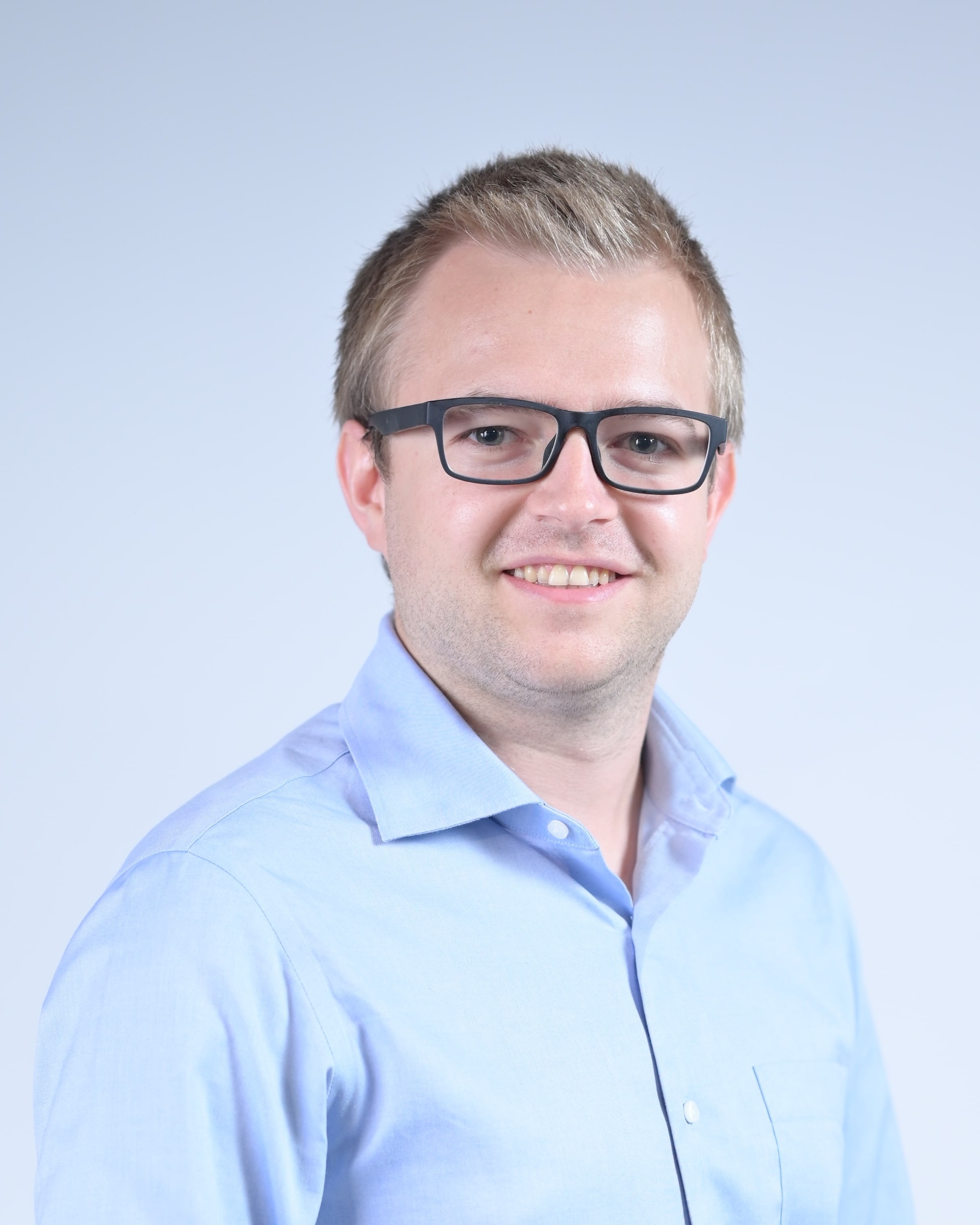
Matthias Kannwischer is the research director at the Taipei-based quantum-safe cryptography startup Chelpis Quantum Corp. His group works on high-speed & high-assurance implementations of cryptography with a focus on quantum-safe constructions. Matthias has authored over 20 publications on quantum-safe cryptography implementations. In 2022, he obtained a PhD in post-quantum cryptography implementations from Radboud University, The Netherlands where he was supervised by Peter Schwabe. Prior to joining Chelpis, Matthias was a postdoctoral researcher at Academia Sinica, Taiwan, and a researcher at the Max Planck Institute for Security and Privacy, Germany. Matthias contributes to open-source cryptographic software and is currently a maintainer of mlkem-native, mldsa-native, PQClean, and pqm4. He is also part of the design teams of the two promising quantum-safe signature schemes UOV and MAYO that have been shortlisted by NIST as promising round-2 candidates.
🗣️ Panelists
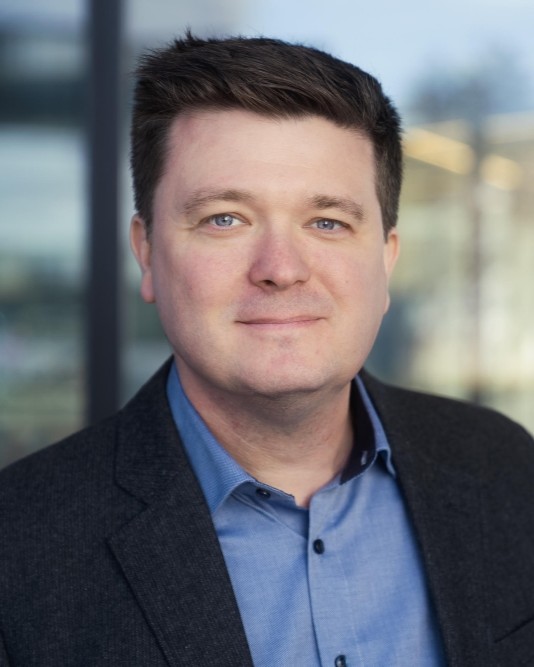
Michael Hutter is a professor for Embedded Systems Security at the Research Institute CODE, University of the Bundeswehr Munich, Germany. He has over 20 years of experience in secure hardware design and held several positions in industry at Rambus Cryptography Research Division/CRI (California, USA) and PQShield (Oxford, UK). He received a Venia Docendi (Habilitation) in 2016 and a PhD in Hardware Security in 2014 from Graz University of Technology, Austria. His research interests include secure and efficient cryptographic implementations, with an emphasis on embedded hardware security.
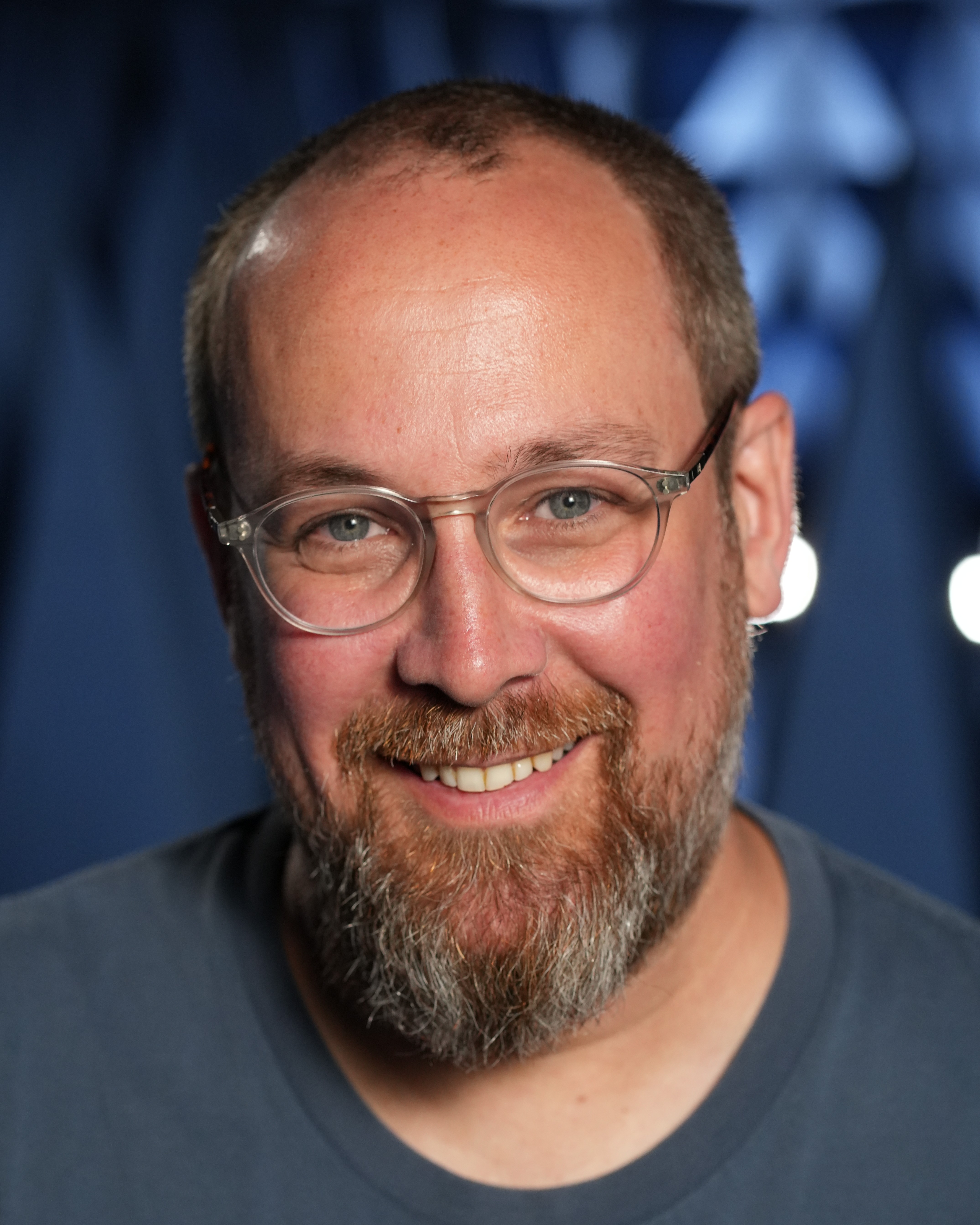
Peter Schwabe is scientific director at MPI-SP and professor at Radboud University. He graduated from RWTH Aachen University in computer science in 2006 and received a Ph.D. from the Faculty of Mathematics and Computer Science of Eindhoven University of Technology in 2011. He then worked as a postdoctoral researcher at the Institute for Information Science and the Research Center for Information Technology Innovation of Academia Sinica, Taiwan and at National Taiwan University. His research area is cryptographic engineering; in particular the security and performance of cryptographic software. He published more than 80 articles in journals and at international conferences presenting, for example, fast software for a variety of cryptographic primitives including AES, hash functions, elliptic-curve cryptography, and cryptographic pairings. He has also published articles on fast cryptanalysis, in particular attacks on the discrete-logarithm problem. In recent years he has focused in particular on post-quantum cryptography. He co-authored the "NewHope" and "NTRU-HRSS" lattice-based key-encapsulation schemes which were used in post-quantum TLS experiments by Google and he is co-submitter of seven proposals to the NIST post-quantum crypto project, all of which made it to the second round, five of which made it to the third round, and 3 of which were selected after round 3 for standardization. In 2021, he co-founded the Formosa-Crypto project, an effort by multiple research groups to build (post-quantum) cryptographic software with formal proofs of functional correctness and security.
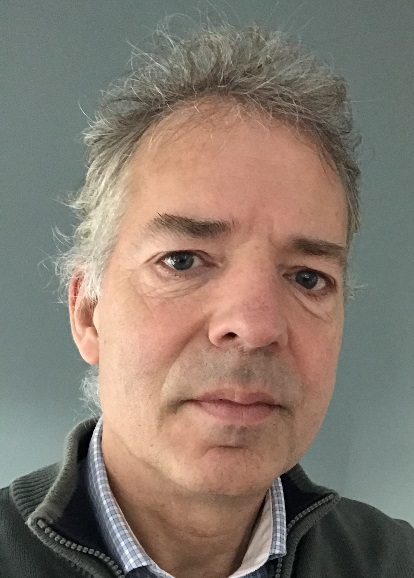
Marc Witteman leads the Device Security team at Keysight. He has three decades of experience in device security on both hardware and software topics. While originally focusing on secure chips for banking cards, his interest over time shifted to all edge devices that need to be secure. These include cell phones, smart TVs, and cars. He was one of the first to research side channel problems and developed the leading tools in the market for testing side channel leakage and fault robustness.
Registration
OPTIMIST 2025 is organized in affiliation with CHES 2025. Participants may register online through the CHES 2025 Registration Page. Registration is open now.
Travel & Venue Information
OPTIMIST Workshop will be co-located with CHES 2025 which will be held at the Kuala Lumpur (KL) Convention Centre Meeting Room 306 on Level 3.
Address:
Kuala Lumpur Convention Centre,
50088 Kuala Lumpur,
Wilayah Persekutuan Kuala Lumpur.
More detailed information:
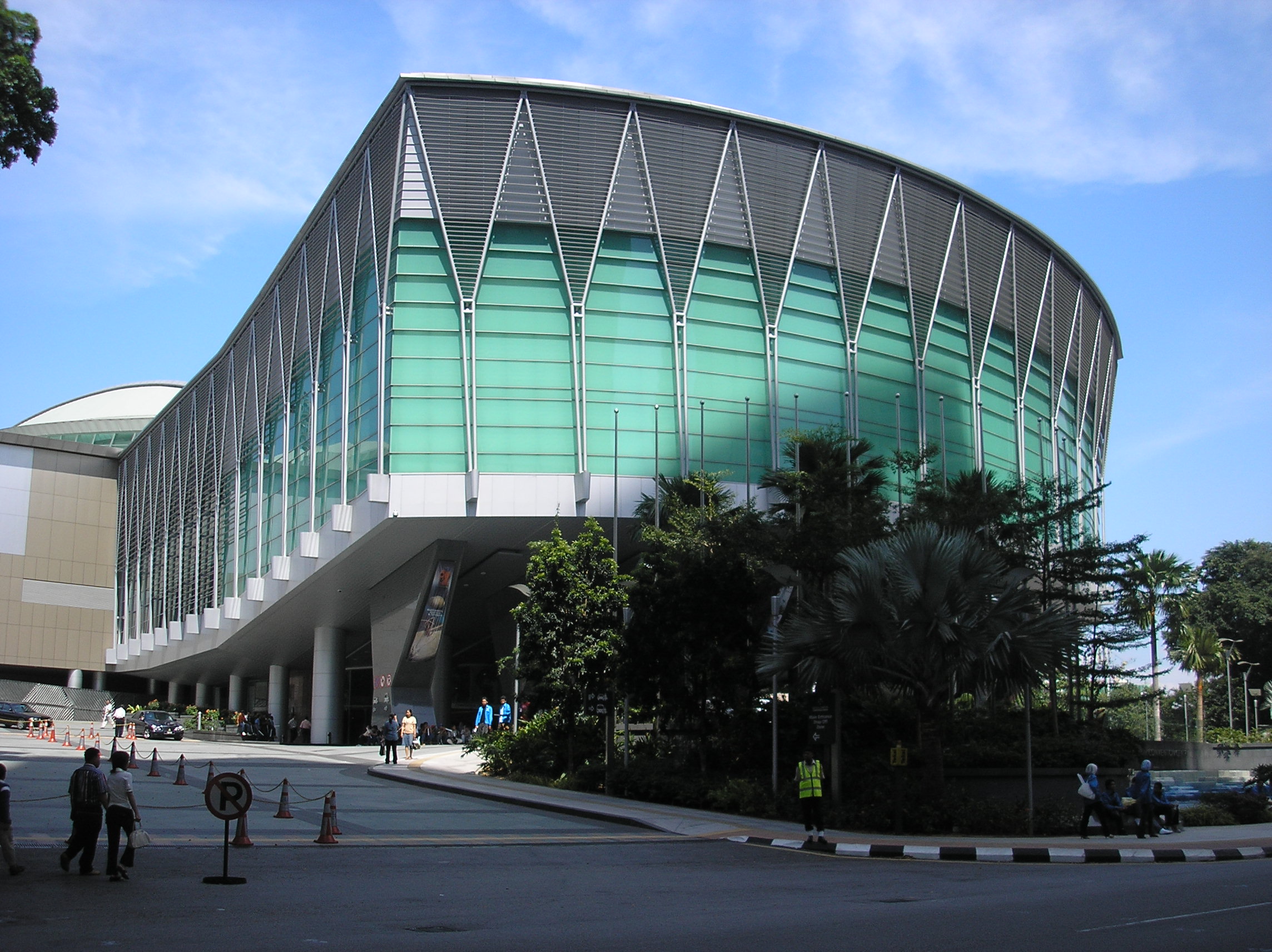
Organizers
- Aydin Aysu (North Carolina State University)
- Fatemeh Ganji (Worcester Polytechnic Institute)
- Patrick Schaumont (Worcester Polytechnic Institute)
- Caner Tol (Worcester Polytechnic Institute)
Technical Program Committee
- Lejla Batina (Radboud University)
- Gaëtan Cassiers (UCLouvain)
- Daniel Dinu (Intel)
- Kris Gaj (George Mason University)
- Daniel Page (University of Bristol)
- Markku-Juhani O. Saarinen (Tampere University)
- Mirjana Stojilovic (EPFL)
- Marc Witteman (Keysight Technologies)
Timeline
June 30, 2025July 14, 2025 — Submission deadlineJuly 31, 2025August 8, 2025 — Acceptance Notifications- August 15, 2025 — Program Announcement
📢 Call for Contributions
As the OPTIMIST workshop is a forum to present and discuss new efforts that enable open and reproducible research in implementation security, the organizers and program committee invite submissions of proposals for talks.
Topics of interest for OPTIMIST include:
- Datasets pertaining to Side-channel Analysis and Fault Analysis
- Standard Libraries for Metrics in Implementation Security
- Standard Application Programming Interfaces for Security Measurement Instrumentation
- Standard Hardware Interfaces for Security Measurement Instrumentation
- Standard Firmware Libraries and Hardware Targets for Security Evaluation
Talks are 15 min in length, and are presented from the podium with slides, followed by a brief Q&A. The program committee will select among proposed talks based on fit for OPTIMIST and whether it will stimulate discussion and interest among the audience of hardware security practitioners, academics, and students. OPTIMIST welcomes talks based on both archival and non-archival work.
Each submission should be nonanonymous. A talk abstract must be at most 1 page, including a title, name of contributors and presenter(s), and a work description that can include figures and references. The authors are encouraged to refer to their paper published elsewhere before (if any), serving as the basis for the talk.